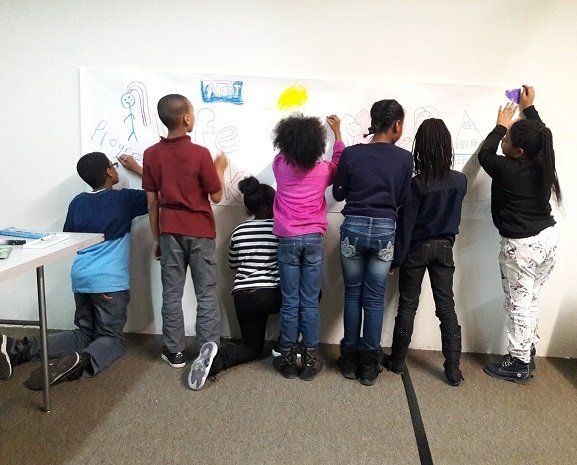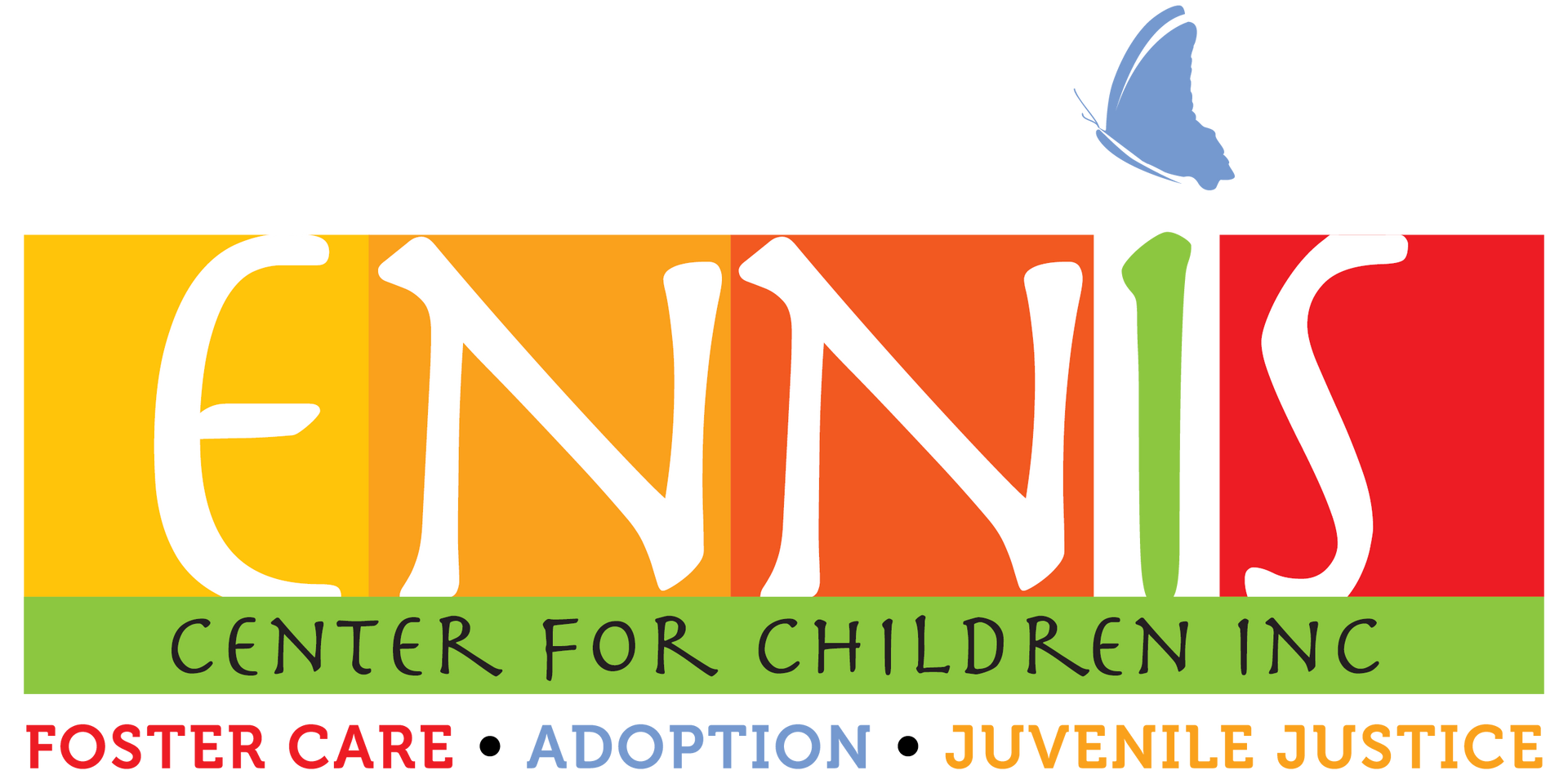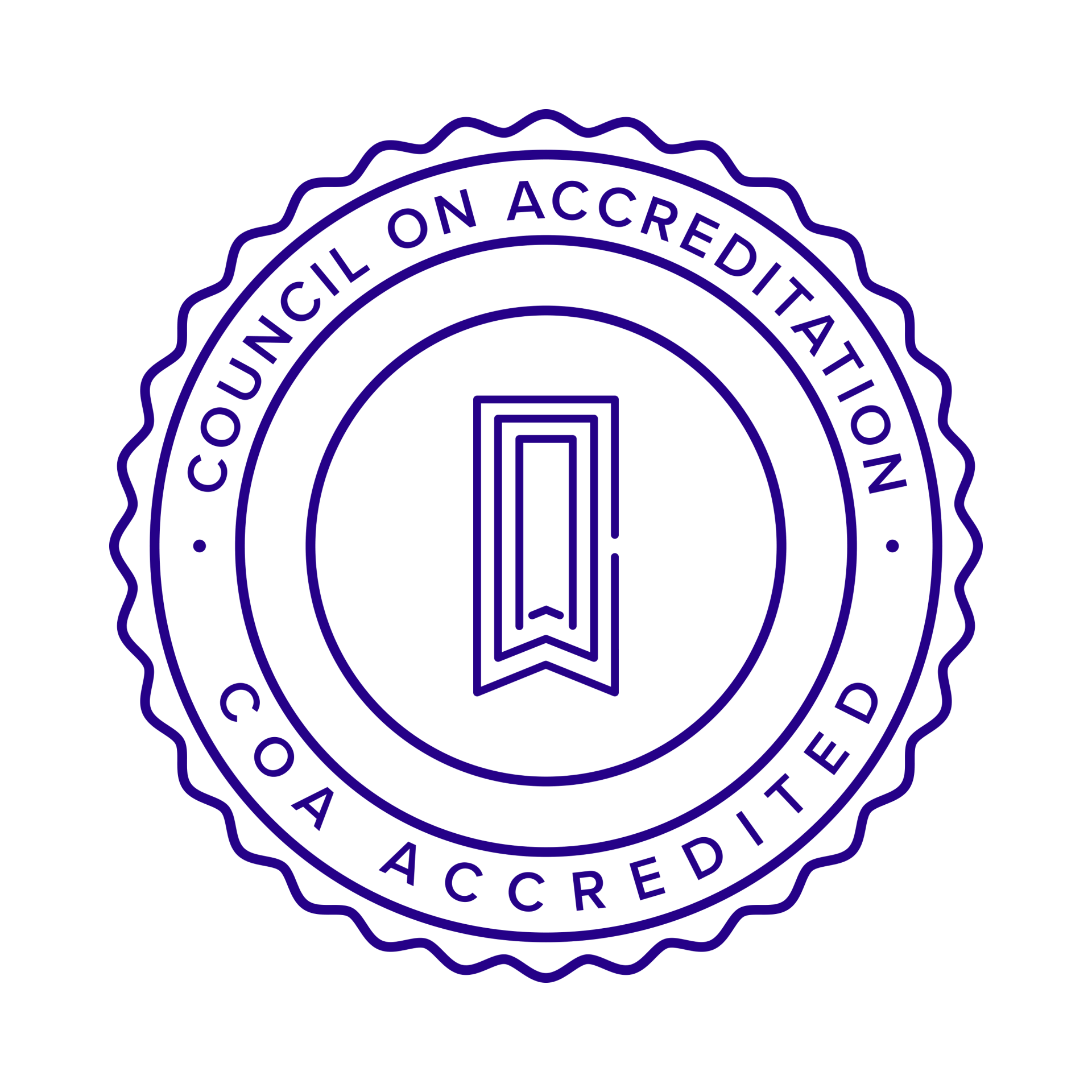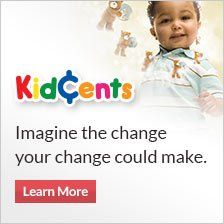FOSTERING CREATIVITY
FOSTERING CREATIVITY
Fostering Creativity is a free therapeutic arts program offered at Ennis Center for Children for youth ages 5-21 who have been affected by foster care/out-of-home placement in Genesee and Oakland Counties, and youth under age 18 who are involved or are at risk of being involved in the juvenile justice system in Wayne County.
The program provides a safe, supportive environment for affected youth to explore/expand personal and collective creativity with peers from similar backgrounds, inspiring emotional growth and healing. It offers quality art therapy and therapeutic art groups which are facilitated by credentialed and experienced art therapists, music therapists, as well as skilled and passionate community artists.
“Art therapists are master-level clinicians who work with people of all ages across a broad spectrum of practice. Art Therapy, facilitated by a professional art therapist, effectively supports personal and relational treatment goals as well as community concerns” (American Art Therapy Association, 2019).
All Fostering Creativity sessions have credentialed art therapists overseeing the group dynamic in partnership with qualified facilitators/expressive therapists. Fostering Creativity also provides quality one-on-one art therapy support for children who may need individual support rather than engaging in a group setting. The program began in Flint in 2014, and due to its success, expanded to Ennis Center's locations in Pontiac (2017) and Detroit (2019).
Through Fostering Creativity, youth learn a variety of ways art can be used for deeper self-awareness and positive self-expression. They develop and strengthen their artistic skills and explore their potential for higher education and career possibilities in the arts. Youth build peer relationships and participate in community-building activities that enhance civic engagement. Increased emotional regulation and stability reduces the number of moves in foster home placements, and thereby lessens further transitional trauma. The Fostering Creativity program has also been shown to increase participants’ self-esteem, social functioning skills, and has improved the children’s academic performance.
For more information on Fostering Creativity, click here to visit us on Facebook.

Request
More Information
Submit your request and we'll get back to you soon.
Thank you for contacting us.
We will get back to you as soon as possible
We will get back to you as soon as possible
Oops, there was an error sending your message.
Please try again later
Please try again later
Ennis Center for Children does not discriminate based on race, color, national origin, religion, creed, age, sex, disability, marital status, sexual orientation, gender identity, pregnancy, genetic information, or military status, in any of its activities or operations. Ennis Center for Children is an equal opportunity employer.


